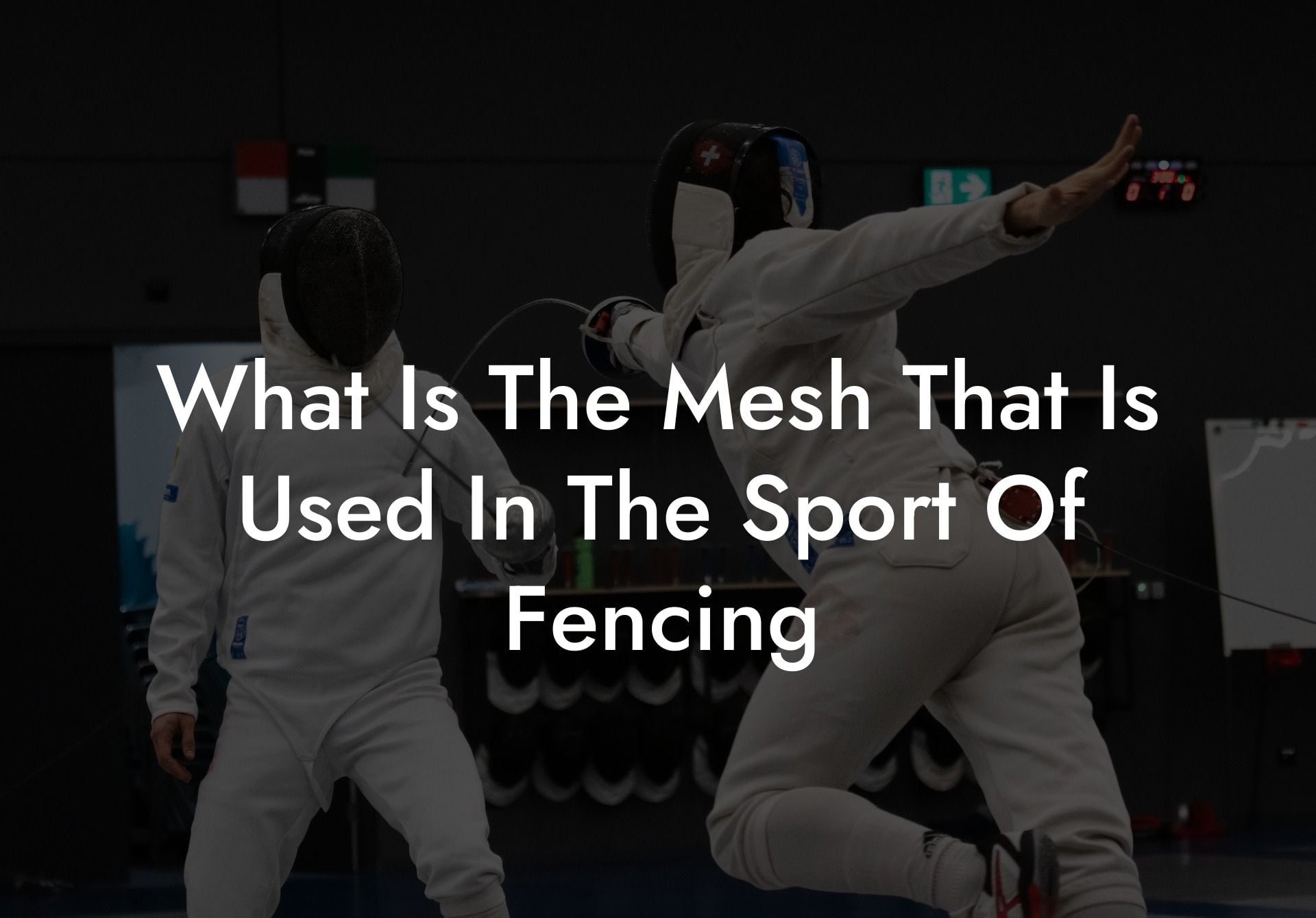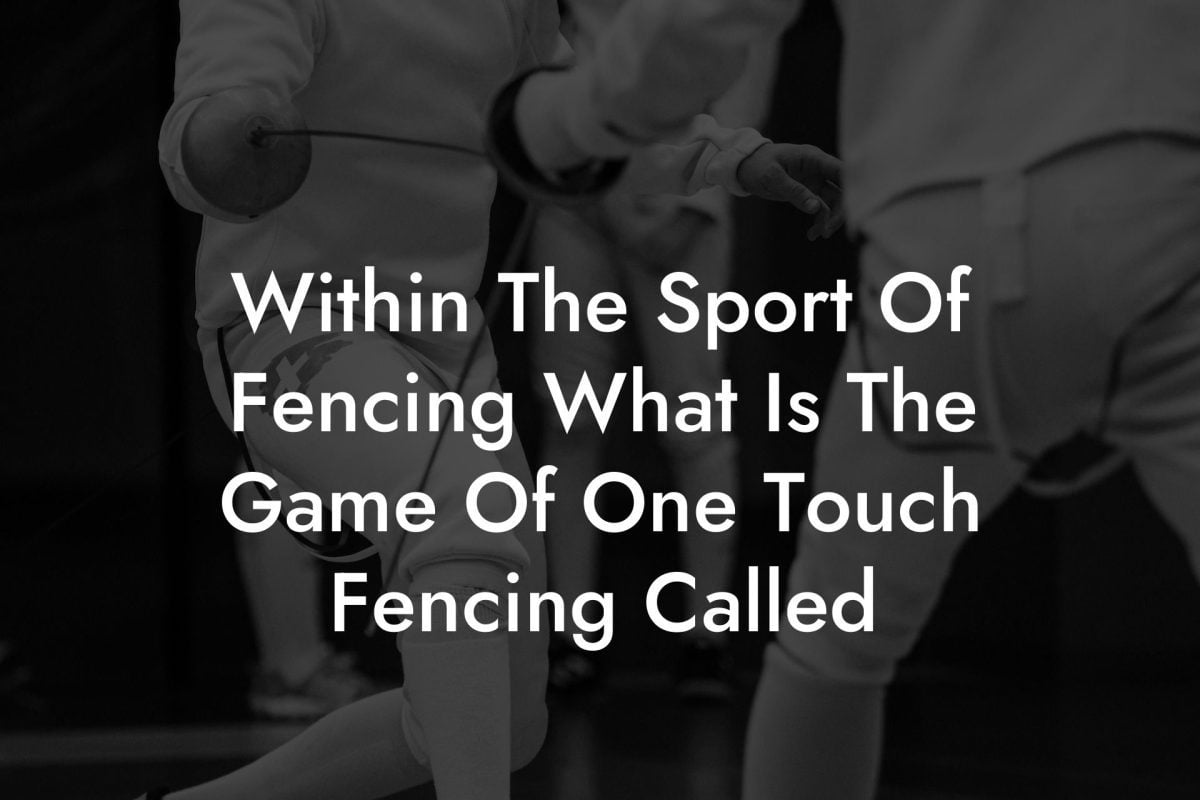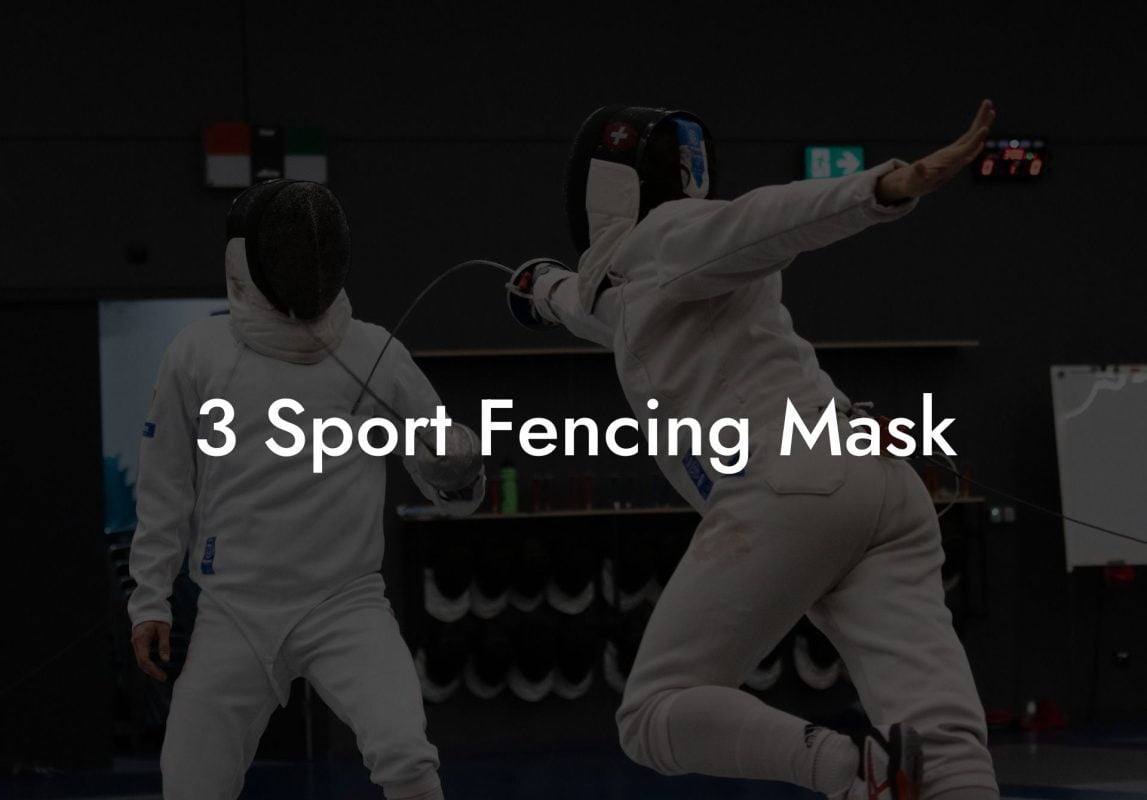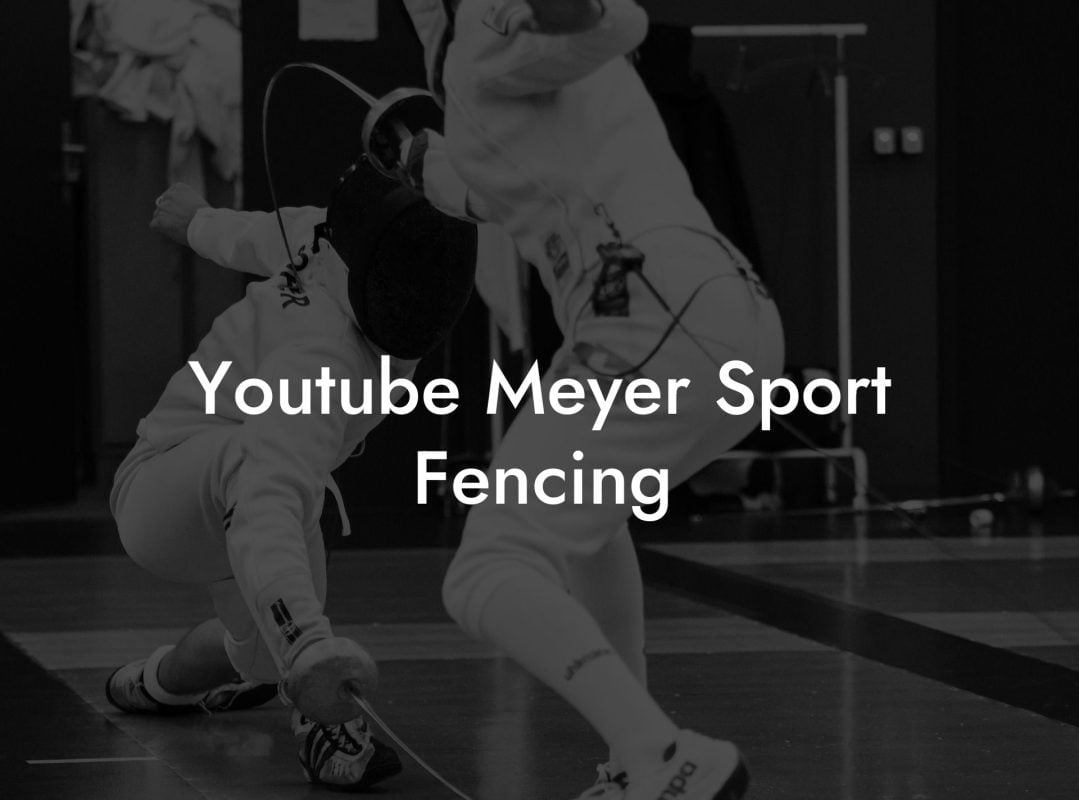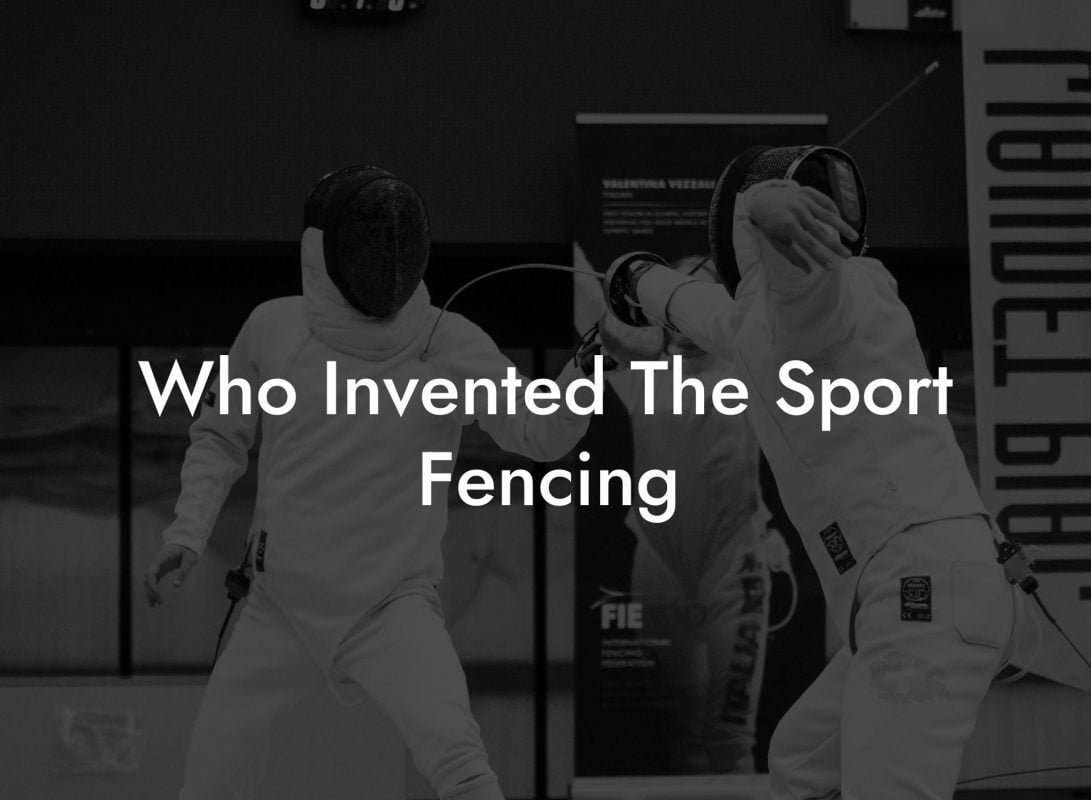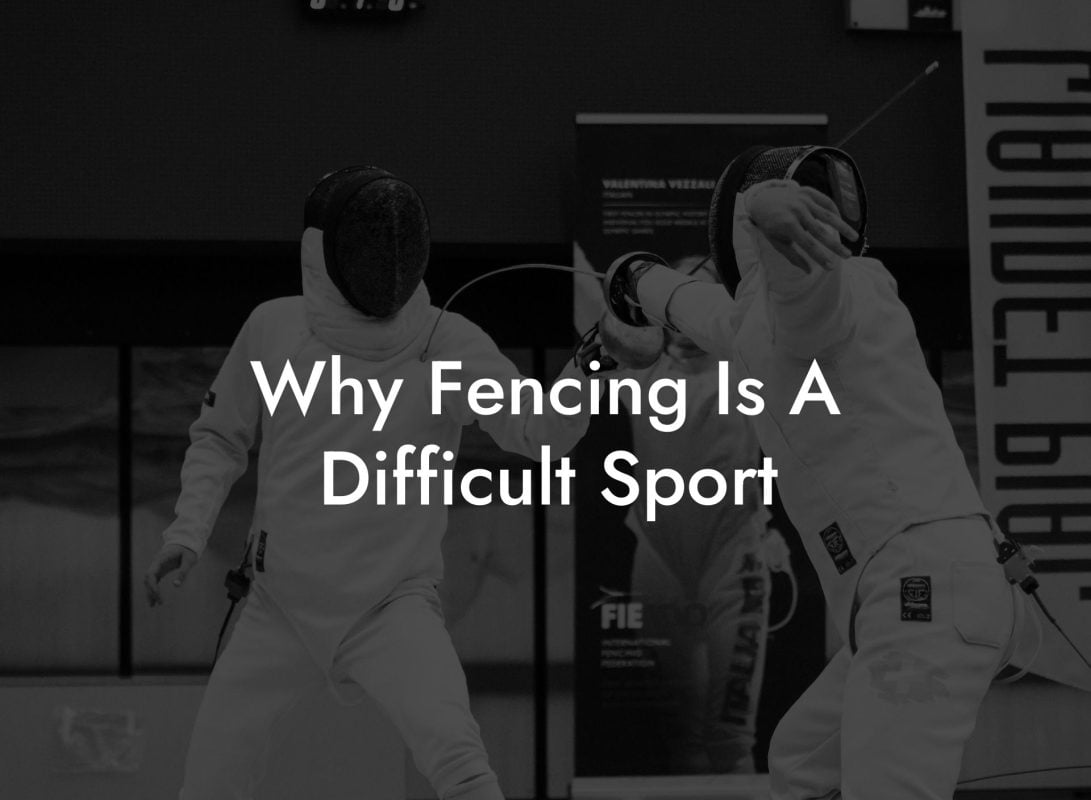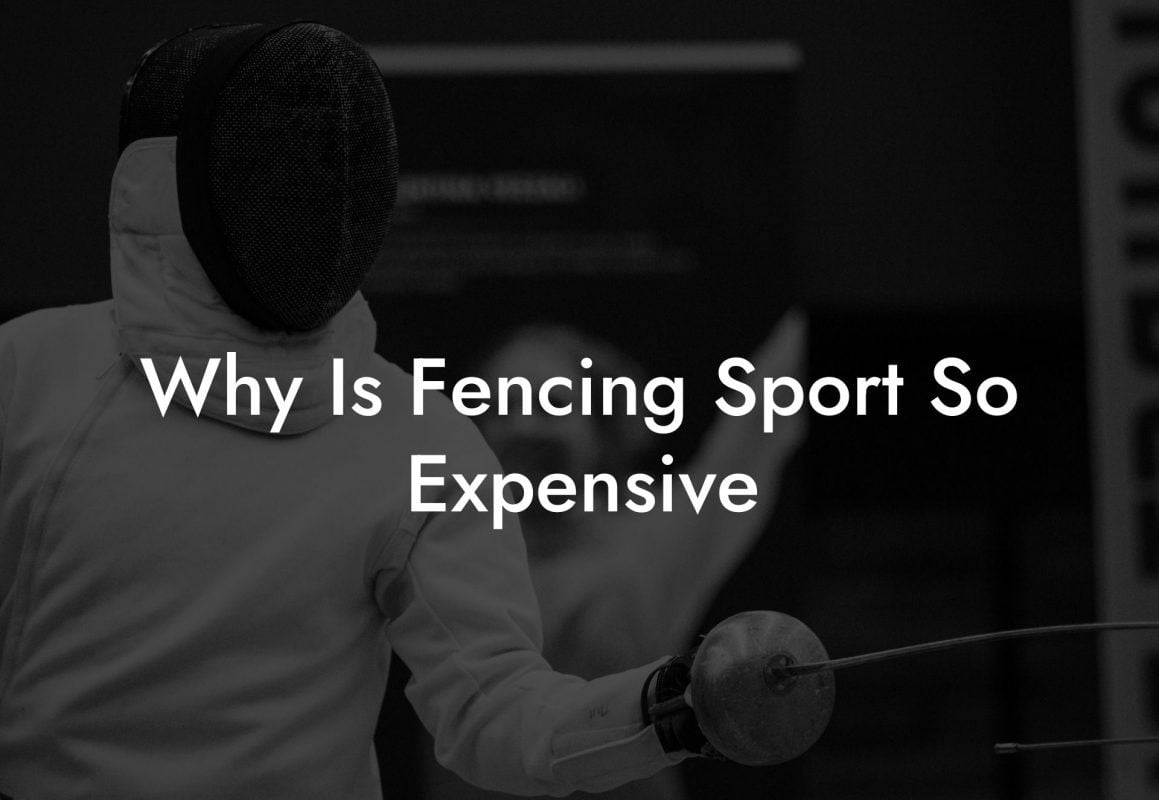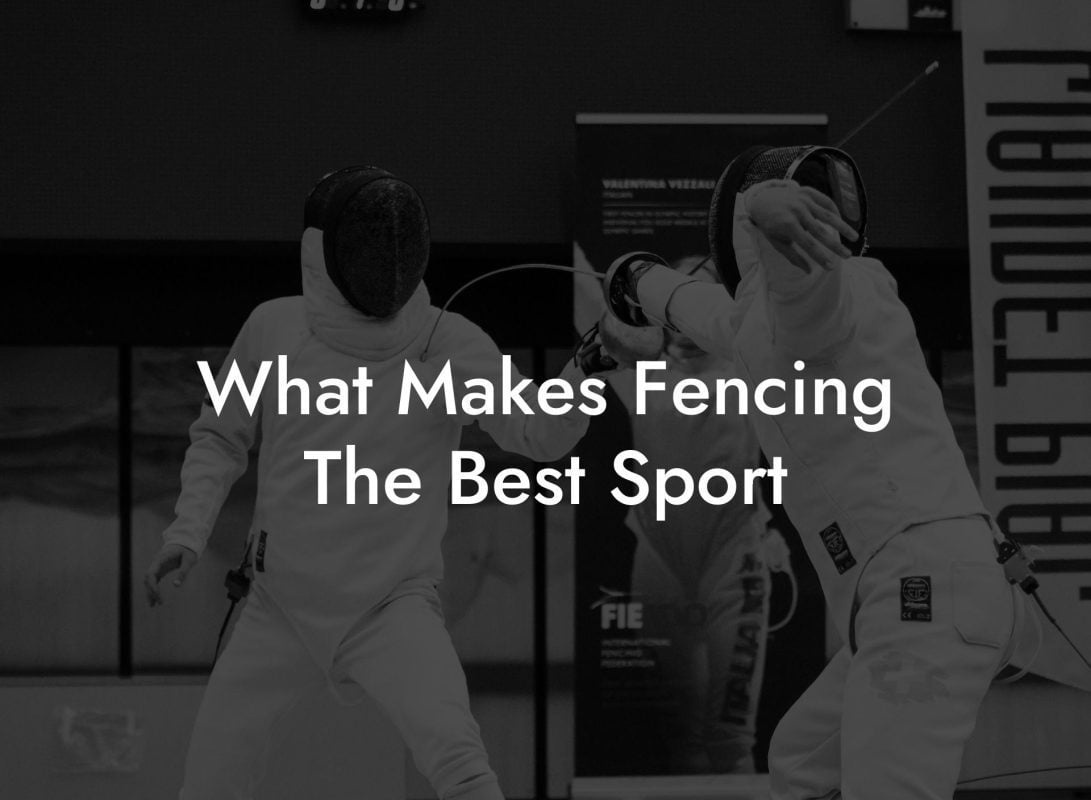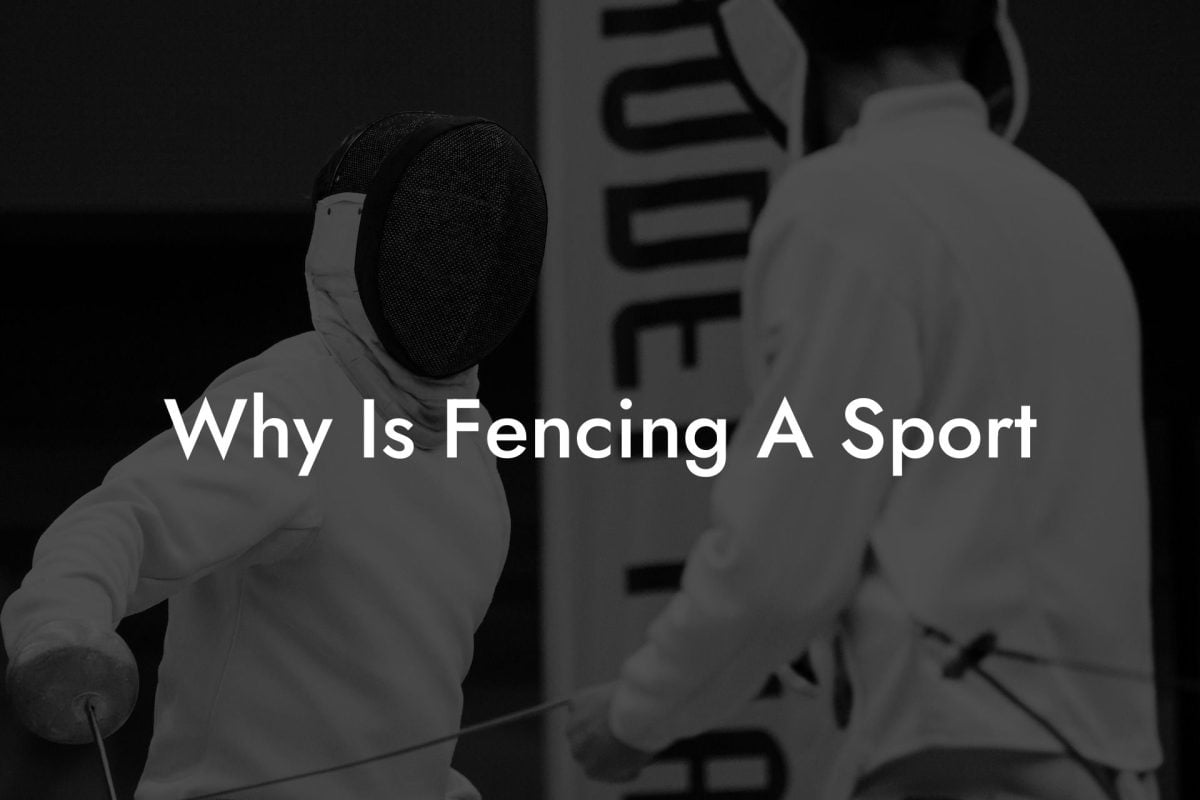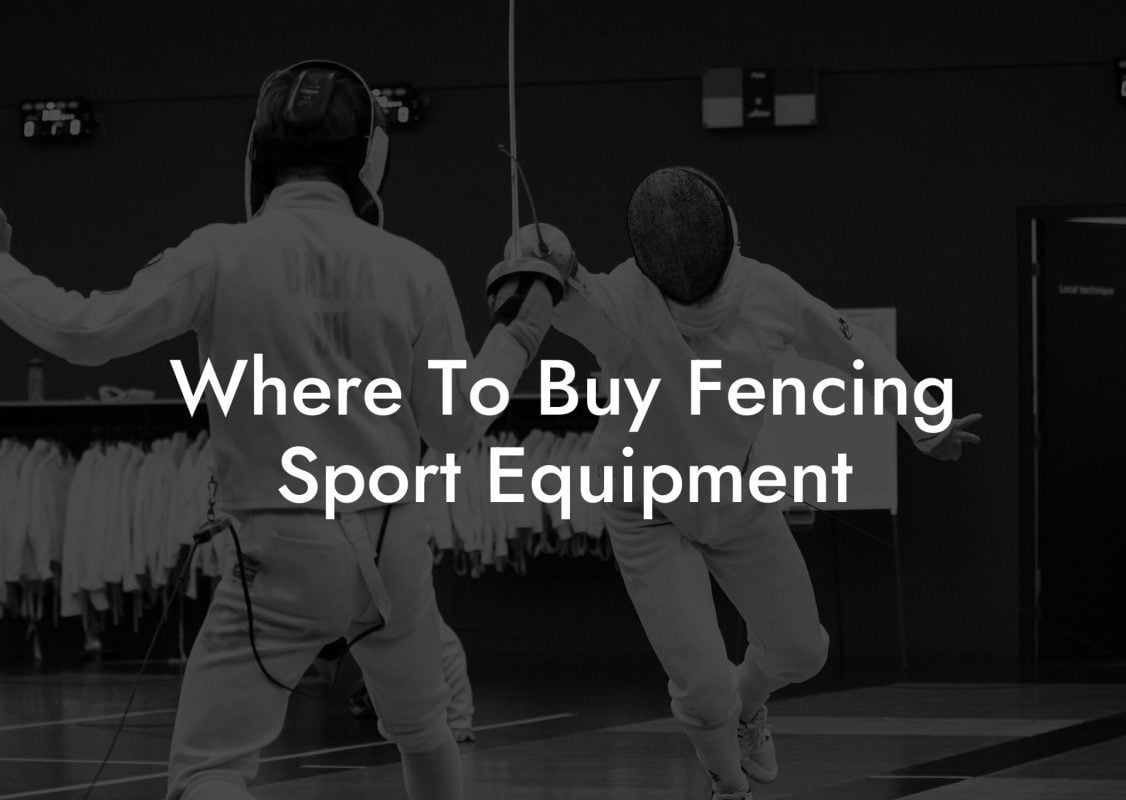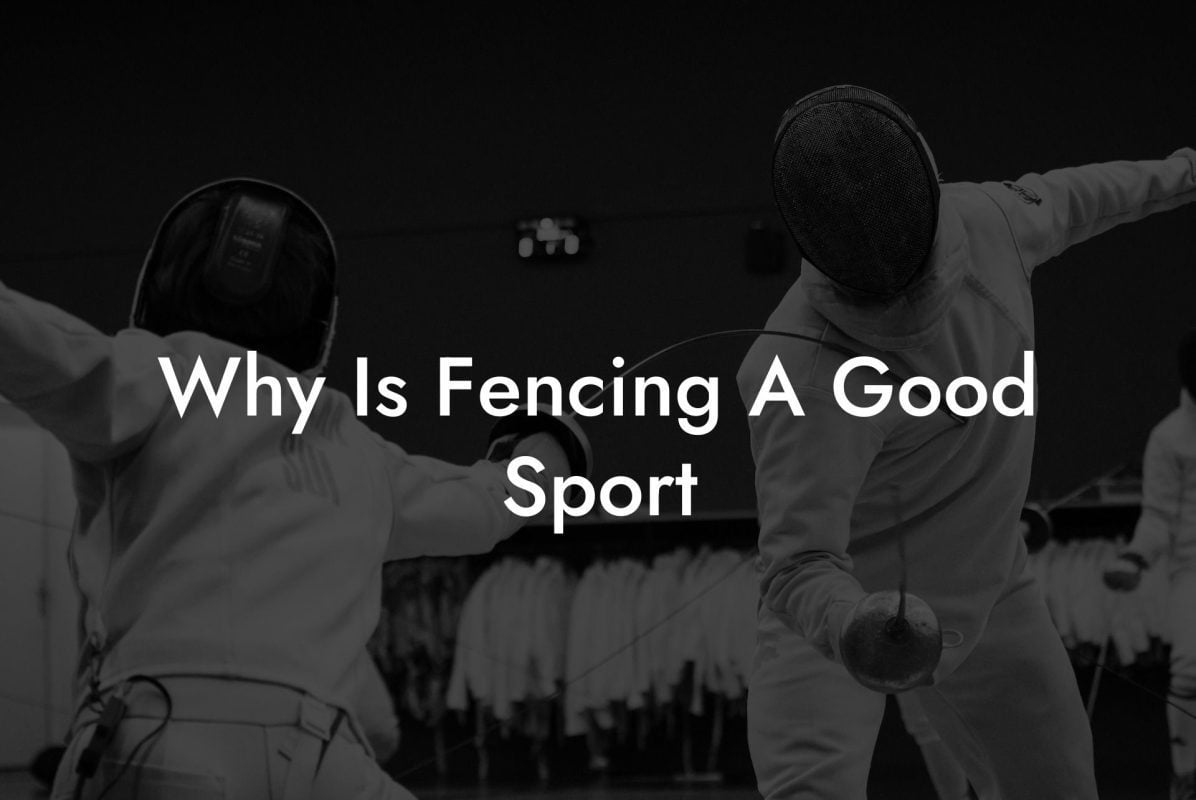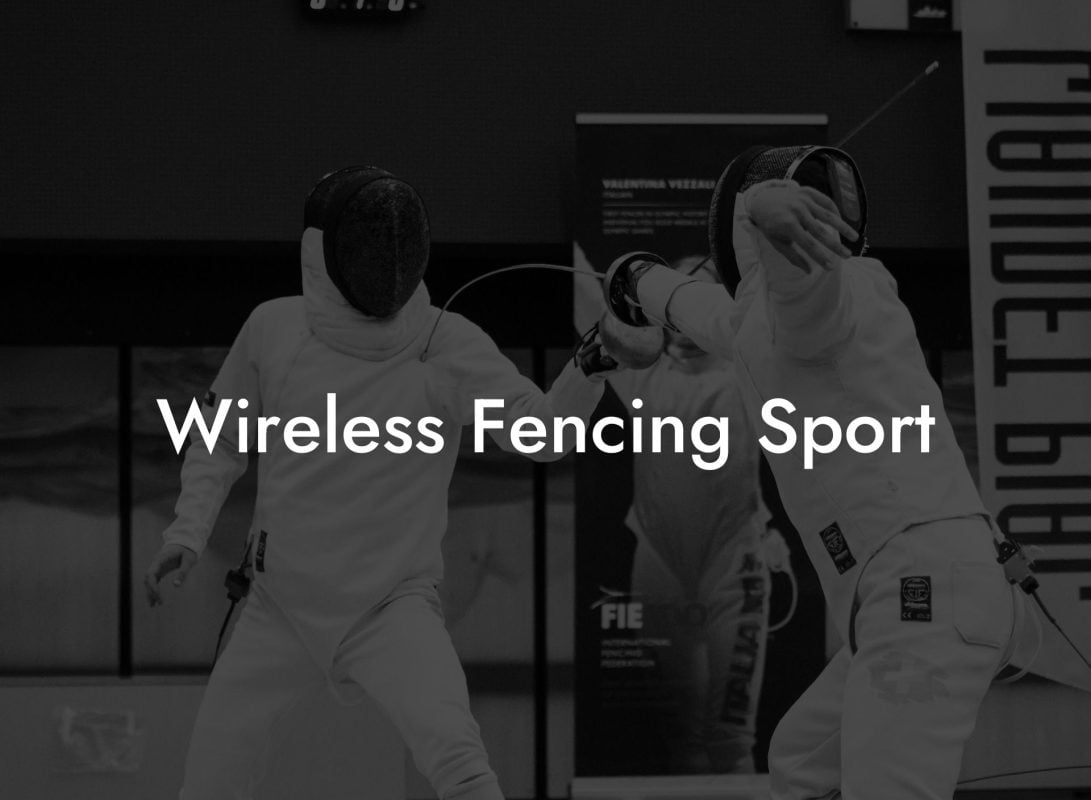Discover the essential role of mesh in the sport of fencing, the importance of its specifications, and how it contributes to the safety, functionality and enjoyment of this exciting and challenging activity.
What Is The Mesh That Is Used In The Sport Of Fencing Table of Contents
Understanding Fencing Mesh
Fencing mesh is a crucial component in the sport of fencing, as it serves a variety of purposes. Primarily, it is used in the construction of the protective masks worn by fencers, as well as the fencing suits and gloves. The mesh ensures safety while allowing for proper ventilation and visibility. It is vital to understand the importance of high-quality mesh in fencing to appreciate the impact on performance and safety.
Mesh in Fencing Masks
In fencing masks, the mesh serves two primary objectives: protection and visibility. The metal mesh functions as a strong barrier to prevent any injuries caused by the opponent's blade. Typically made of stainless steel, the mesh is strong yet lightweight, ensuring the fencer's face remains shielded without hampering their movement or visibility.
It is also crucial for the mesh to provide sufficient ventilation. During intense bouts, fencers generate considerable heat, which can lead to overheating and discomfort if not properly ventilated. Mesh that allows for good airflow is necessary to prevent fogging and maintain clear vision while ensuring the athlete remains cool.
Mesh in Fencing Suits
The mesh used in fencing suits is different from that used in masks, as it is usually made of fabric with metallic threads. Fencing suits are required to adhere to specific conductive standards so that the scoring system can accurately detect whether a fencer has been hit by an opponent's blade. The metallic mesh in the fabric plays an essential role in detecting these hits, which might otherwise be difficult to discern visually.
Additionally, the fabric mesh utilised in fencing suits provides a measure of protection against injuries caused by broken blades or other accidents. The mesh should be tear-resistant and flexible, allowing the fencers to move without hindrance while offering a vital layer of protection.
Quality Matters: Assessing Mesh in Fencing Equipment
It is essential to invest in high-quality fencing equipment, as the mesh used in masks, suits, and gloves is directly linked to a fencer's safety, comfort, and performance. There are specific guidelines and standards that manufacturers follow to ensure optimum safety and performance in the fencing mesh:
- International Fencing Federation (FIE) Approval: FIE-approved equipment meets strict international safety standards, ensuring that the mesh is both protective and functional.
- Bib Resistance: The bib part of the mask should offer a minimum of 350-800 Newtons of resistance, to deliver adequate protection against puncture or penetration.
- Conductivity: The high-quality conductive mesh used in fencing suits is essential to ensure accurate scoring and lessen the chance of disputed points.
What Is The Mesh That Is Used In The Sport Of Fencing Example:
Suppose a fencer purchases a low-quality fencing mask, with subpar mesh construction. During a bout, their visibility is compromised due to poorly ventilated mesh, resulting in fogging and reduced breathability. The weak mesh construction leaves the fencer vulnerable to potential injuries from forceful blade hits.
In contrast, investing in a high-quality fencing mask with sturdy, well-ventilated stainless steel mesh ensures that the fencer has clear vision, proper airflow preventing overheating, and adequate protection against injuries. This optimum environment ensures the athlete's safety and enables them to perform at their peak.
By understanding the significance of mesh in the sport of fencing, athletes can make informed decisions when selecting and purchasing their equipment. Investing in high-quality mesh ensures enhanced protection, visibility, and comfort, while also fostering optimal performance levels. Share this informative article with fellow fencing enthusiasts, and explore other guides on Anchorage Fencing Club to take your fencing knowledge to the next level!

